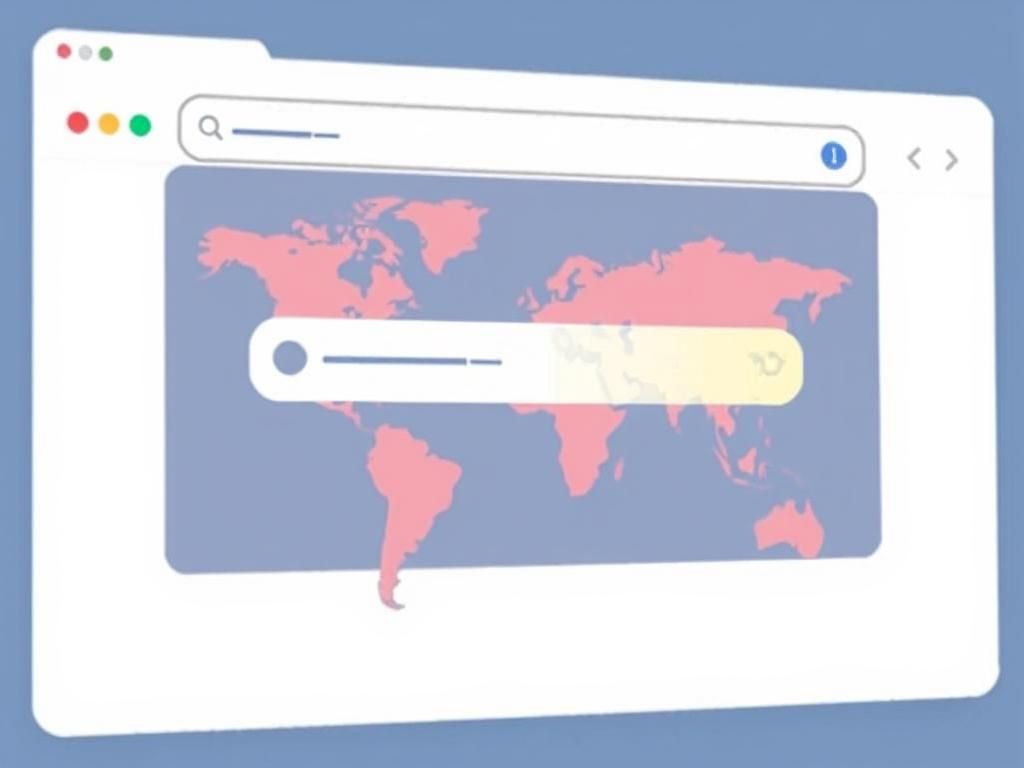Navigating the internet effectively is an essential skill in the digital age. Understanding the difference between searching for information and typing a URL directly is crucial for maximizing your online experience. As internet users, we often rely on various methods to find information, access websites, or discover resources. This article delves into the methods of navigating the web by exploring the intricacies of searching or typing a URL, thus helping users make informed decisions on how to approach their online activities.
Understanding URL
What is a URL?
A URL (Uniform Resource Locator) is the address used to access resources on the internet. Typically, a URL is composed of several components:
- Protocol: This indicates how data is transferred, which can be HTTP or HTTPS. The latter is preferred due to its secure nature.
- Domain name: This is the human-readable address that points to a specific website, such as www.example.com.
- Path: This indicates the specific resource or page within the website, for instance, /about.
- Query parameters: These are optional elements used for additional data, like tracking or filter settings, usually appearing after a question mark in the URL.
For instance, in the URL https://www.example.com/about?ref=search, https is the protocol, www.example.com is the domain name, /about is the path, and ref=search is the query parameter.
Importance of URLs
URLs play a vital role in web navigation. They uniquely identify resources, ensuring that users can access the right content. Additionally, URLs have significant implications for SEO (Search Engine Optimization). A well-structured URL enhances a page’s visibility in search engine results, making it easier for users to find relevant information. Consequently, understanding how to utilize and create effective URLs is critical for anyone looking to improve their web presence or simply navigate the vast information available online.
Exploring Search Engines
Overview of Search Engines
Search engines are tools designed to help users find information online. The most popular search engines include Google, Bing, and Yahoo. Each search engine serves the same primary purpose—organizing the internet’s vast quantities of information and making it accessible to users through searchable databases.
How Search Engines Work
Search engines operate through a three-step process: crawling, indexing, and retrieving information. Web crawlers browse the internet, collecting data from web pages, which is then indexed and organized for quick access. When a user searches for information, algorithms determine the most relevant results based on various factors, including keywords, content quality, and SEO rankings.
Benefits of Using Search Engines
Utilizing search engines offers numerous benefits, including the ability to:
- Access a vast amount of information on any topic.
- Discover new websites and resources that may not be bookmarked or regularly visited.
- Receive instantaneous results with suggested queries that can guide users towards their desired information.
In essence, search engines are indispensable for exploring the internet’s immense resources efficiently.

Typing a URL Directly
Benefits of Typing a URL
When users choose to type a URL directly in the address bar, several advantages arise:
- Direct access to specific websites saves time compared to searching.
- Efficiency in navigation for frequently visited sites is improved.
- Reduced reliance on search engine results minimizes the chances of encountering irrelevant or misleading pages.
When to Use URL Typing
There are specific scenarios where typing a URL is preferable:
- Accessing well-known websites: When users know the domain name, typing it directly can be fastest.
- Situations where search results may be skewed: For common queries, search engines may prioritize ads or unrelated content.
- Bookmarking websites: Regular access requires typing or copying the URL, ensuring quick navigation.
Tips for Typing a URL Efficiently
Here are some helpful tips for typing URLs efficiently:
- Remember common domain extensions, such as .com, .org, and .edu to save time.
- Be aware of formatting for accuracy, as using http:// vs. https:// can impact security.
- Utilize browser features like autocomplete to speed up the process.
Comparing Search and Typing URL
Advantages and Disadvantages
When weighing the options between searching and typing a URL, knowing the benefits and downsides of each method is important:
- Benefits of Searching:
- Provides a broad range of options which encourages exploration and discovery.
- Offers access to a wealth of resources that may not have been previously known.
- Downsides of Searching:
- Results can be overwhelming due to the vast number of options.
- There’s a possibility of misinformation in the search results.
- Benefits of Typing URLs:
- Gives direct access to known content, streamlining navigation.
- Can save time in repetitive tasks, particularly when visiting the same websites.
- Downsides of Typing URLs:
- Typos can lead to errors, arriving at the wrong page.
- May reduce spontaneity in exploring new ideas or resources.
Use Cases for Each Method
Specific use cases highlight when each method may be more effective:
- Situations for Searching:
- Exploring topics that require more information or varied perspectives.
- Finding new resources, such as articles, tools, or applications.
- Scenarios for Typing URLs:
- Returning to favorite sites like social media platforms or news websites.
- Accessing online tools or platforms regularly.

Practical Tips for Effective Navigation
Enhancing Search Skills
Improving search skills can significantly enhance your online navigation. Here are some strategies:
- Utilize advanced search operators (like quotes, minus sign, etc.) to refine results.
- Leverage search filters and tools available in search engines to narrow down options.
- Recommend reliable sources based on established authority and trustworthiness in a given field.
URL Best Practices
To make the most of your URL usage, consider the following best practices:
- Shorten lengthy URLs using services like Bitly for ease of sharing.
- Avoid malformatted URLs by double-checking spelling and format.
- Recognize safe URLs to ensure your browsing security, especially when entered manually.
Conclusion
In conclusion, understanding the differences between searching and typing a URL directly is essential for efficient web navigation. Both methods offer unique advantages and challenges, and utilizing them effectively will enhance your internet experience. Embracing these practices will ultimately empower you to become a more savvy web user.
Additional Resources
For further reading and tools to enhance web navigation skills, consider exploring the following links:
FAQs
- What is the difference between searching and typing a URL?
Searching involves using search engines to find information, while typing a URL takes you directly to a specific site.
- When should I type a URL instead of searching?
Type a URL when you know the exact address and want immediate access to a specific website.
- What makes a URL effective for SEO?
A well-structured URL with relevant keywords can improve a page’s visibility in search results.
- How do search engines determine the ranking of results?
Search engines use algorithms that consider various factors, including keyword relevance and website authority.
- Can I improve my search results?
Yes, using advanced search operators and filters can help refine and improve search results.
- What are common domain extensions?
Common domain extensions include .com, .org, .net, and .edu.
- Is it always safe to type a URL directly?
Not always; ensure the URL is from a trusted source to avoid phishing or malware.
- What should I do if I mistype a URL?
Check your spelling and ensure it contains the correct domain extension and structure.
- Are there any shortcuts for lengthy URLs?
Yes, URL shortening services can condense long links for easier sharing and management.
Key Comparison Table
| Method | Advantages | Disadvantages | Best Use Cases |
|---|---|---|---|
| Searching | Broad information access, discovery of new resources | Overwhelming results, misinformation risk | Exploring topics, finding new resources |
| Typing URL | Direct access, time-saving for regular sites | Typos can occur, less spontaneous exploration | Returning to known sites, frequent access to tools |
By utilizing both methods strategically, users can enhance their internet navigation skills and make the most of the resources available in today’s digital world.
